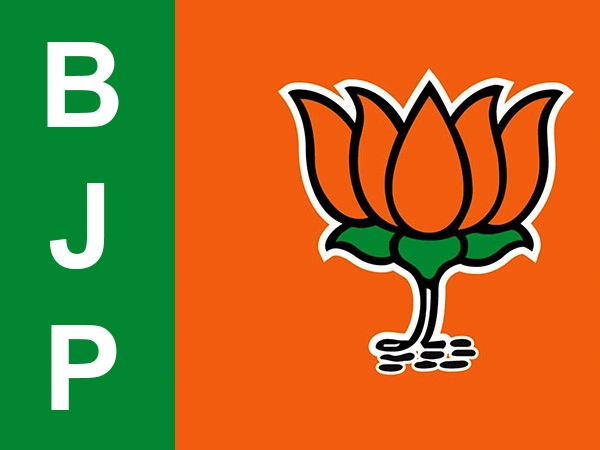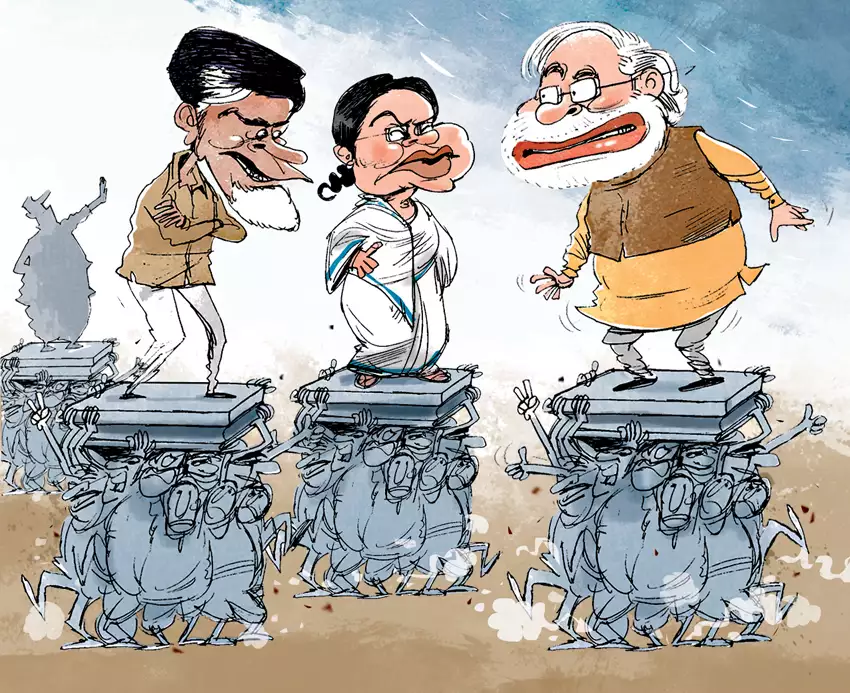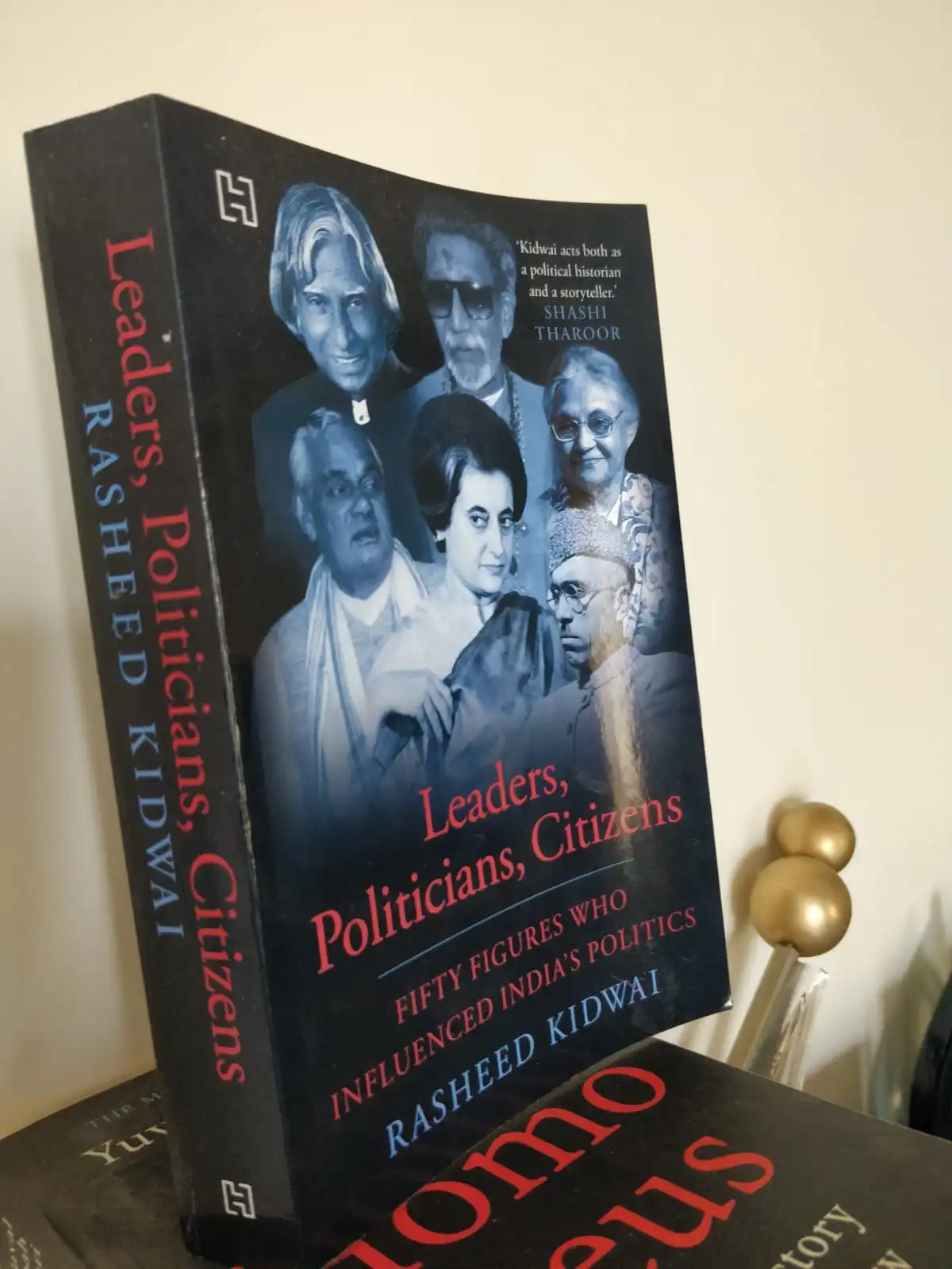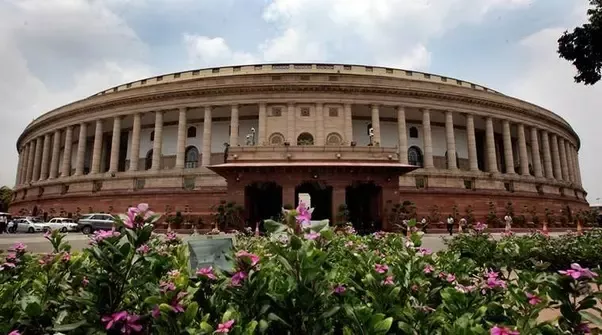Introduction: The Bharatiya Janata Party (BJP), founded in 1980, has emerged as a prominent political force in India. Known for its nationalist ideology, the BJP has played a transformative role in shaping the country’s political landscape. With its focus on development, governance, and cultural nationalism, the party has risen to power at both the national and state levels. This article explores the history, ideology, and impact of the BJP on Indian politics.
- A Historical Journey: From its inception as a successor to the Bharatiya Jana Sangh, the BJP’s journey has been marked by perseverance and strategic alliances. The party’s early years were characterized by a struggle to establish itself as a major player on the national stage. However, the BJP’s breakthrough came in 1998 when it formed a coalition government at the center, led by Atal Bihari Vajpayee. This marked a turning point for the party, giving it the much-needed legitimacy and setting the stage for future successes.
- Ideology and Core Principles: The BJP’s ideology is rooted in the concept of Hindutva, which seeks to preserve and promote India’s cultural and civilizational identity. While Hindutva has been a subject of debate and controversy, the party has broadened its appeal by focusing on development and good governance. The BJP’s core principles include economic liberalization, national security, social conservatism, and the promotion of cultural heritage. This blend of ideology has resonated with a wide section of Indian society, allowing the party to expand its support base.
- Electoral Dominance: In recent years, the BJP has witnessed a surge in popularity and electoral dominance. The party’s resounding victory in the 2014 general elections saw Narendra Modi assume the role of India’s Prime Minister. Modi’s charismatic leadership, coupled with the party’s well-orchestrated election campaigns and grassroots mobilization, propelled the BJP to a historic win. The party further solidified its position in the 2019 elections, securing an even larger majority.
- Development Agenda: Under Prime Minister Modi, the BJP has emphasized economic growth and development as a key agenda. The “Make in India” campaign, Digital India initiative, and the Goods and Services Tax (GST) implementation are among the flagship programs aimed at boosting investment, infrastructure development, and job creation. The BJP’s focus on economic reforms has garnered praise for its efforts to streamline bureaucracy, improve ease of doing business, and attract foreign direct investment.
- Controversies and Challenges: The BJP’s rise to power has not been without controversies and challenges. Critics accuse the party of religious polarization, encroachment on democratic institutions, and curbing dissent. The party has faced criticism over its handling of communal tensions, especially in sensitive regions. Additionally, the BJP’s attempts to implement certain policy measures, such as the Citizenship Amendment Act (CAA) and the National Register of Citizens (NRC), have sparked nationwide protests and debates.
Conclusion: The Bharatiya Janata Party (BJP) has undoubtedly left an indelible mark on Indian politics. Its ideological moorings, coupled with a focus on development and governance, have propelled it to the forefront of the country’s political landscape. As India continues to evolve and face new challenges, the BJP’s role as a catalyst for change and transformation cannot be undermined. Whether it be in terms of economic reforms, cultural nationalism, or electoral dominance, the BJP’s influence remains a force to be reckoned with in shaping India’s future.
![]()





